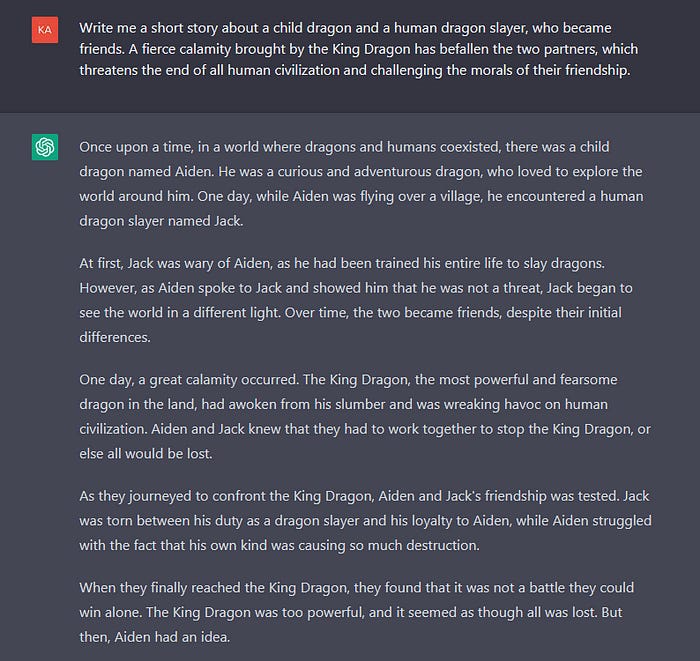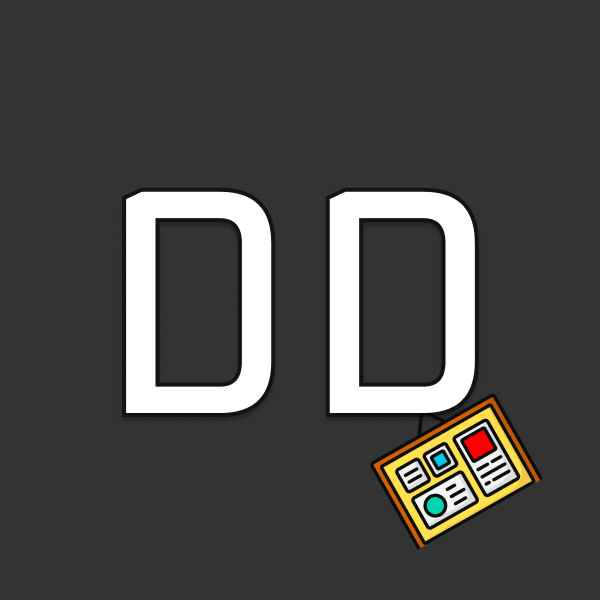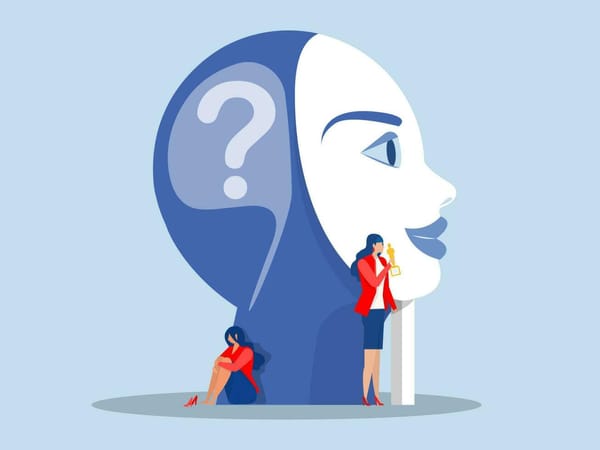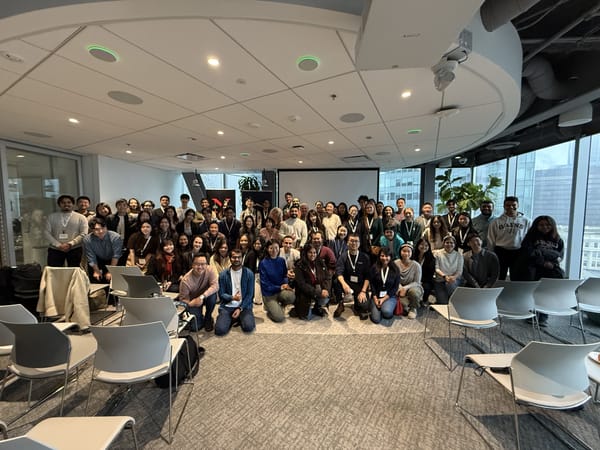AI vs Writers: How can writers stay Relevant?

It’s never been a more pivotal moment in history for the convergence of AI and writing.

Writing comes in all forms and sizes — newsletter content, blogs, articles, fiction novels, non-fiction novels, and everything in-between. Nothing is protected from the power of Large Language Models (LLMs) challenging a writer’s quality and efficiency.
If you haven’t tried it yet, go to ChatGPT and give the bot a decent story prompt, like I did here. Watch the magic flow out before your very eyes:

The more details you give in your prompt, the more accurate the answer will spit out. Even if you submit the same or similar prompts back-to-back, the answer will be varied every time. It’s mind-boggling.
Should you really be worried?
If you’re shrugging your shoulders and turning away, it might be wise to think things over. AI may not have the power to out-create a human brain, but it certainly is dangerous. Several well-known jobs may even be at risk — these could include copywriters, content writers, online service agents, and even some in online marketing. Let’s evaluate 3 key points to call-out.
1. Writing an entire novel would take a lot of processing power.
When ChatGPT blew up back in November 2022, it required an average of 8 GPUs just to process a single query. According to this article by Sean Endicott, it takes 30k NVIDIA A100 GPUs just to operate ChatGPT — with a cost of $10–15k USD each. If I were to guess who many A100s it would take for ChatGPT to process an entire made-up novel of 50k words, I’d probably be at least in the double digits. Processing power isn’t cheap.
What’s a more viable option instead is for LLMs to take on shorter prompts. Writing parts of a chapter, character descriptions, or lore are still possible. The same can be done for world-building and checking over writing structure. These would obviously be less straining for the system, and are already live today in ChatGPT.
The point is that humans still have the advantage when it comes to writing novels end-to-end, but this may not be the case one day as processing power and AI creativity continue to improve. Will human-written novels are at risk, then it’s up to all of us to get creative and differentiate just how much better humans still are at storytelling. Character designs, world-building, plot points/twists, backgrounds, and all the nuances to a complex story — those are abilities we must hone.
2. Creativity, world-building, and character-development will be the differentiators.
AI is faster at generating content, but when it comes to creativity, fleshing out characters, and building worlds, a human can triumph.
Characters are designed to be relatable to humans. Even if a character isn’t a human themself, their pull is everything else about them: their internal and external struggles, habits, values, traits, and determination. Only a human writer can feel these aspects and translate them to paper. We’re not just developing sophisticated characters, we’re displaying empathy with our target readers. The more personable a character becomes, the more interesting one’s story may become. AI may be able to emulate basic-level characterization in writing, but humans still have the advantage.
On the other hand, world-building may appear to be a skill soon to be replaced by AI — at least from the surface. The topic encompasses a lot: developing the lore, establishing the culture(s) and food, and capturing key aspects such as hierarchies, lifestyles, items/goods, music, and timelines.
My argument here is that while AI appears to be able to create its own ideas on the above subjects I listed, only a human can really tie it all back together to world-build. How can all these aspects relate with one another? Will this world make the story lead their readers to escapism?
Humans are also prudent with their worlds. They have an idea of how everything changes as time passes by. This type of insight and imagination relies on a human brain to really tie it all back to the entire story.
3. Human writers need to leverage AI to their advantage instead.
Don’t forget — machines will always be relying on the data they’re trained with — and when it comes to story-telling, all original data come from human brains. Humans can still out-perform AI on creativity and novelty. So instead, embrace more confidence in yourself and use AI instead.
Think of yourself as the main engine to your writing piece, and AI represents the fuel that help you perform better. The idea is to use AI to as often as you to support you: giving story ideas, character names, and even feedback. You could also let it write bits and pieces of a chapter if you provide enough information in the prompt.
This article by Fox Print Editorial speaks it perfectly: while AI won’t be able to replace the creativity and storytelling prowess of a human author, it can still provide technical support. While human minds provide over 90% of the original ideas which make their piece outstanding, machines can still provide some content whenever a “filler” is needed. If some sections require less context and emotion, AI could help. If an unimportant side character is needed, AI could quickly draft up a profile for you. There are so many aspects it can still help with.
Humans are the engine; AI is the upgraded fuel.
About Me
My name is Kasey, AKA J.X. Fu (pen name). I’m passionate about (you guessed it) writing.
Follow this publication for more technology and product articles! Check out my website and my Linktree, and add me on LinkedIn or Twitter, telling me you saw my articles!





